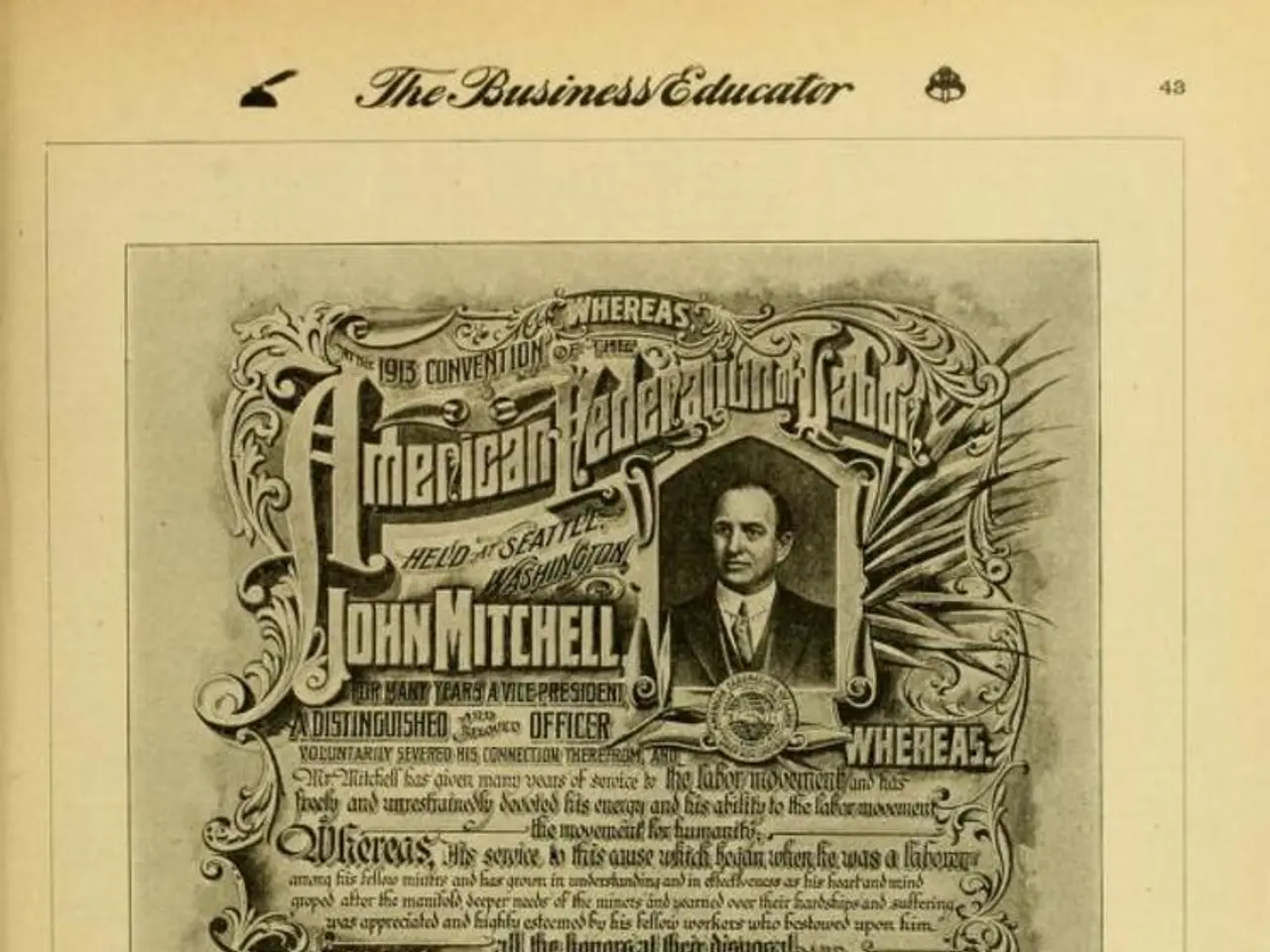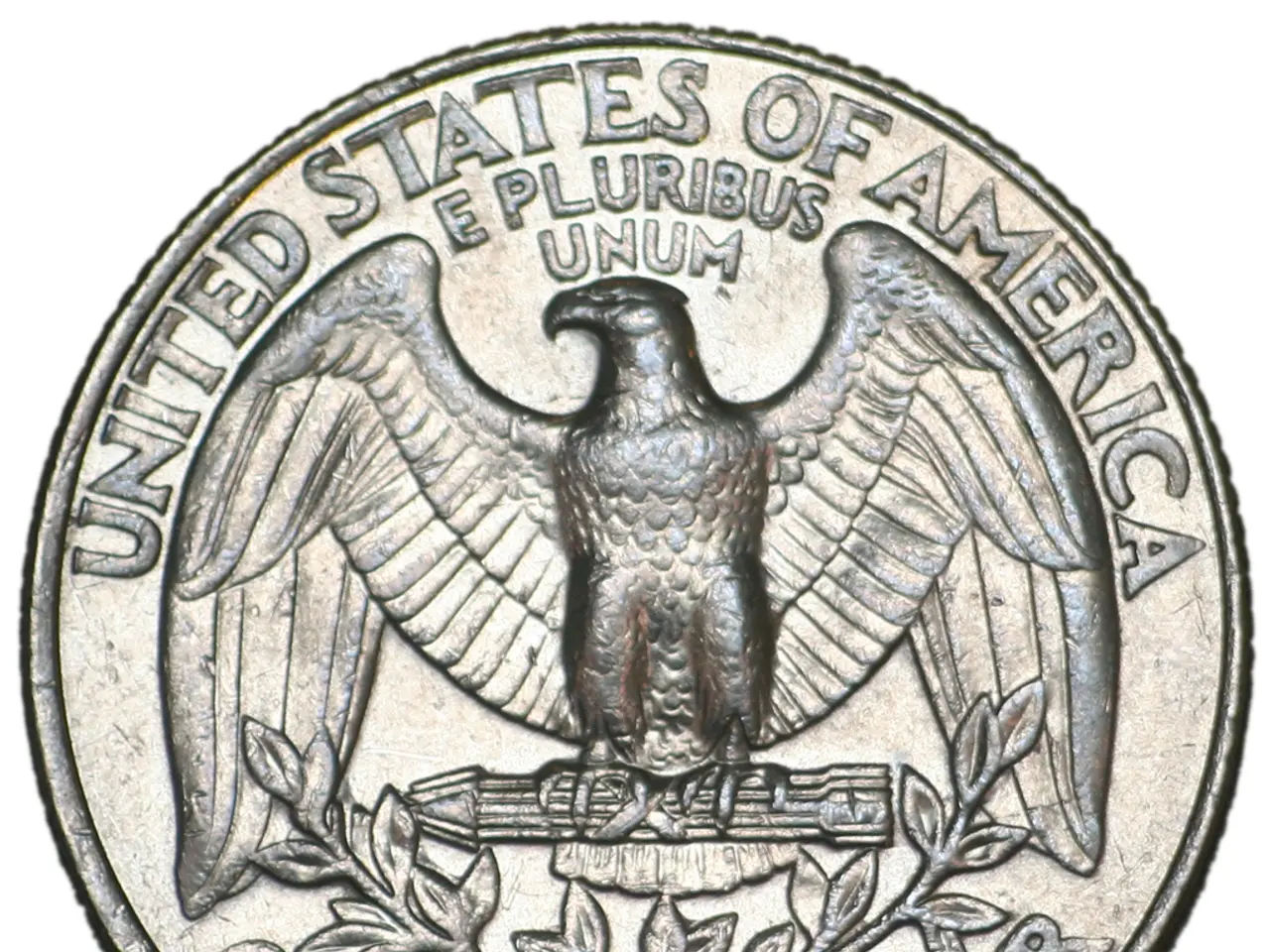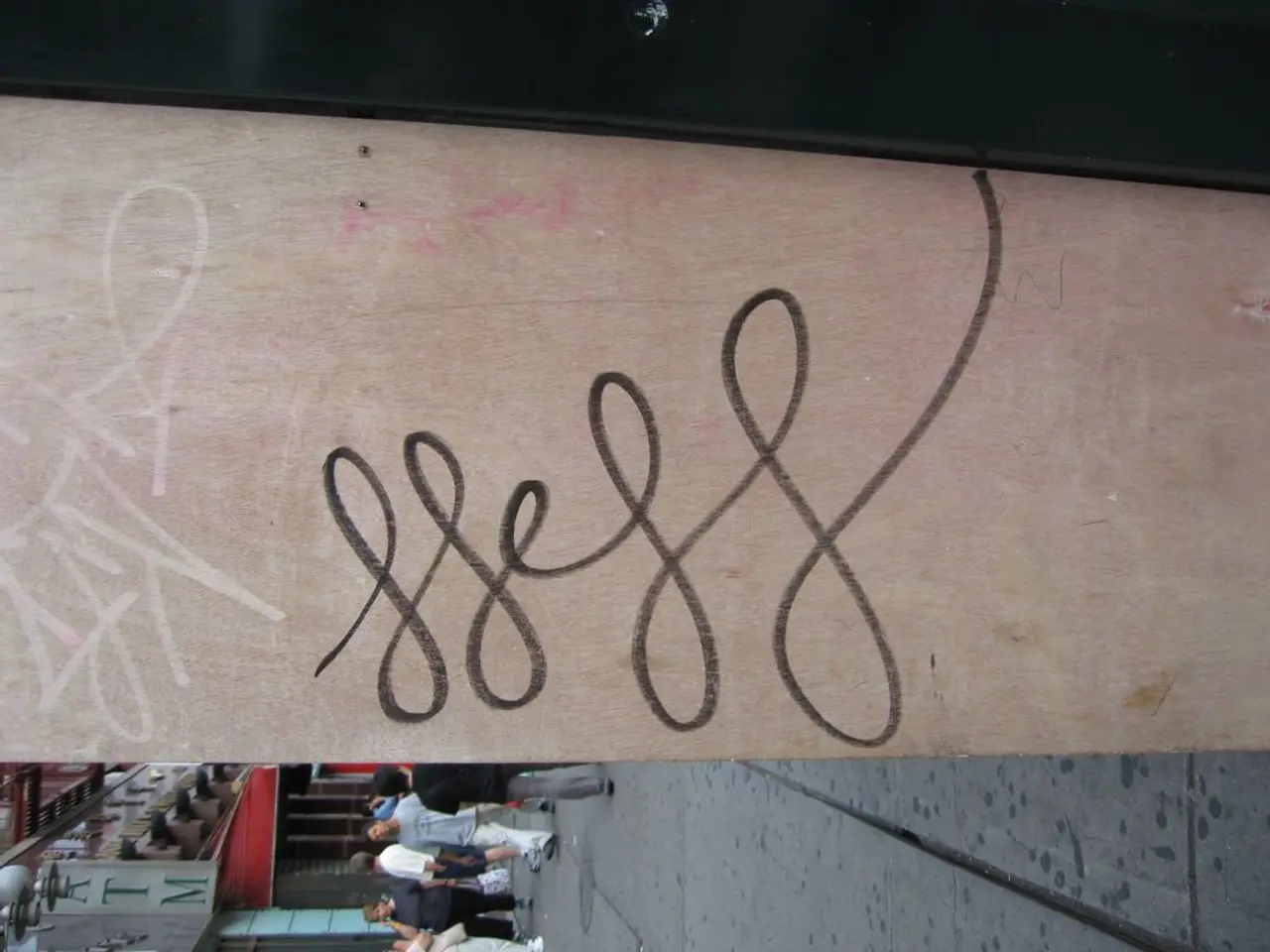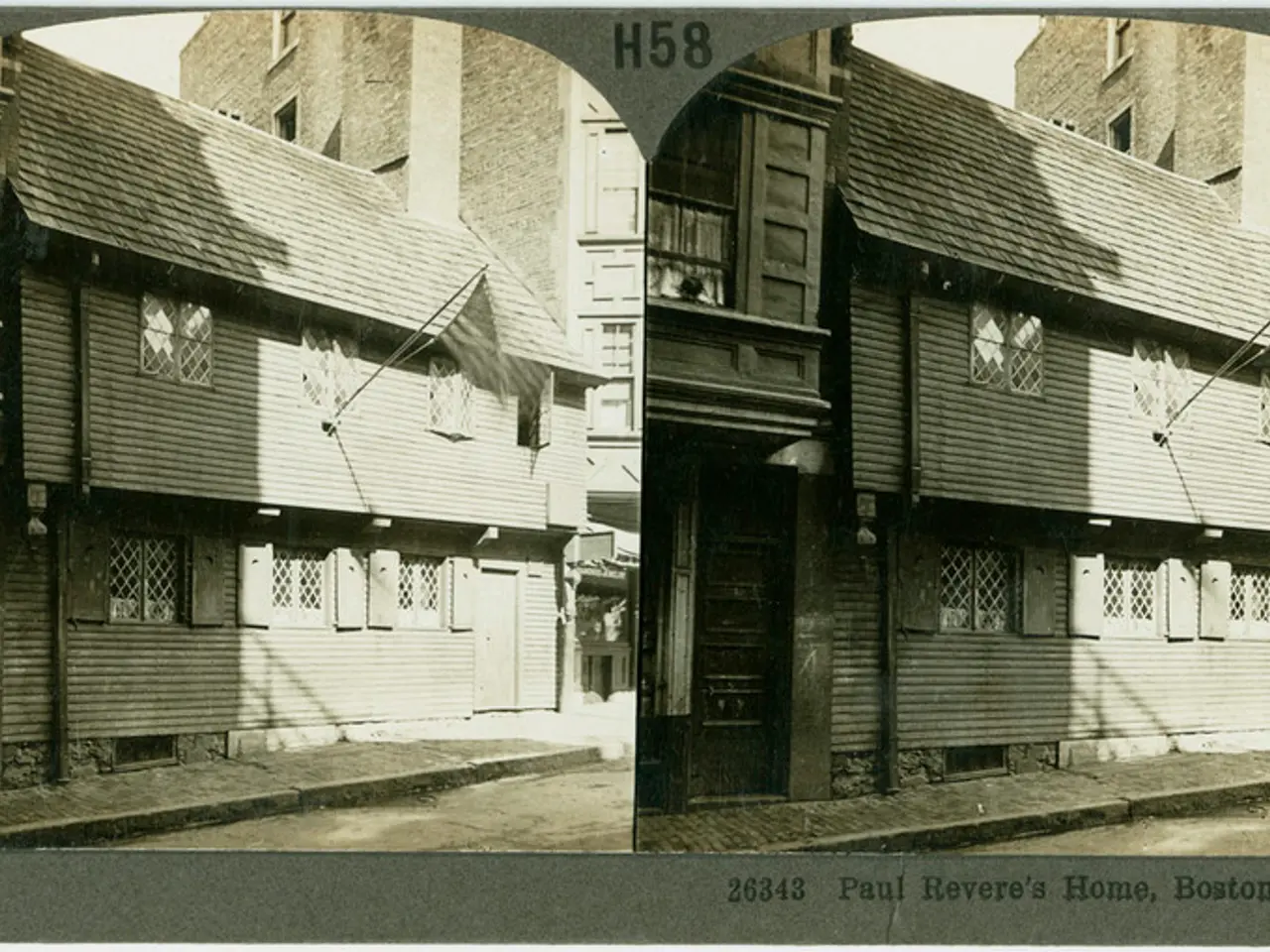Zara's Parent Company, Inditex, Faces Lower-Than-Expected Q1 Sales
Sales figures for Zara's early summer season fall short of expectations, with trade tariffs contributing to a sense of commercial unease.
It's a bummer for Inditex, the folks behind your favorite fashion brand Zara, as they missed the mark on first-quarter sales and early summer trading. This evidently suggests global uncertainty has been putting a damper on consumer spirits.
Inditex, which keeps mum about the reasons for their weaker sales growth, still considers their performance "solid," having previously labeled it "very robust" in March, when their total sales were up a big 10.5%.
The doubts about rampant inflation and an economic chill triggered by Trump's erratic tariff shuffle have already spooked shoppers in big consumer markets such as the U.S. Inditex's competitors have also felt the chill, as evidenced by a sluggish spring.
Inditex shared a slower start to their summer sales, with a 6% currency-adjusted revenue growth from May 1 to June 9, falling short of analysts' expectations of 7.3%, and down from 12% growth in the same period last year. However, shoppers have been digging their new spring and summer collections, the company shared.
Now, for Inditex's financials, revenues hit €8.27 billion in the first quarter, around £7 billion, missing predictions of about €8.36 billion. Net income rose by 0.8%, to €1.3 billion. Rainy weather in Spain has likely added to the company's troubles, as per analysts at Bernstein, with the country accounting for a whopping 15% of global sales.
Spain endured one of its wettest ever springs, with Madrid witnessing three times its typical seasonal rainfall. Inditex, a Spain-based company with other popular brands like Pull & Bear, Massimo Dutti, and Stradivarius, shared that "optimizing" its stores is still underway to up productivity.
By the end of the quarter, Inditex ran 5,562 stores worldwide, a drop from the 5,698 it had last year. With the volatile exchange markets due to trade risks, Inditex anticipates a larger impact from currency fluctuations than initially projected, predicting a 3% negative impact on 2025 sales, compared to the 1% they flagged in March.
Not surprisingly, Inditex shares dipped by 4% in early trading, making it the second-worst performer on the Stoxx 600 index. And if that wasn't a harsh enough blow, H&M, Inditex's rival, has also grappled with weak sales, managing just a 1% growth in March, compared to 4% a year earlier.
Inditex's Chief Investment Commentator at Charles Stanley, Garry White, thinks the fashion retailer could face a more modest pace of growth in 2025 compared to last year. Despite the encouraging uptick in sales, Inditex is clearly feeling the squeeze on consumer spending and a slowing global economy, according to White.
White also believes that if Trump's trade war escalates, it could further impact the retail landscape in the coming months. But despite the challenges, Inditex continues to navigate the rugged retail terrain effectively, thanks to its agile supply chain and responsive trends.
Investors may want to be cautious about their investing strategy in the finance sector, especially in the business of retail, given the lower-than-expected Q1 sales of Inditex, the parent company of Zara, and the ongoing struggles of its competitor H&M. The lingering uncertainty in global markets due to factors such as inflation and tariff shuffles have been negatively impacting consumer spending, as seen in the slow growth of Inditex and other retail businesses.




